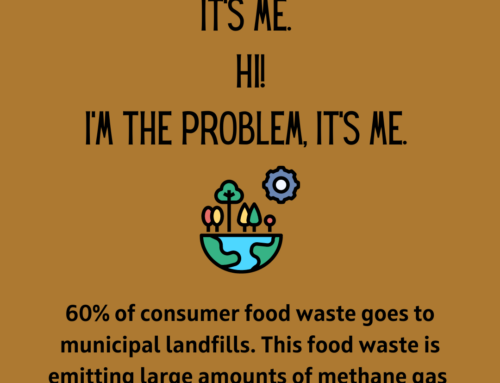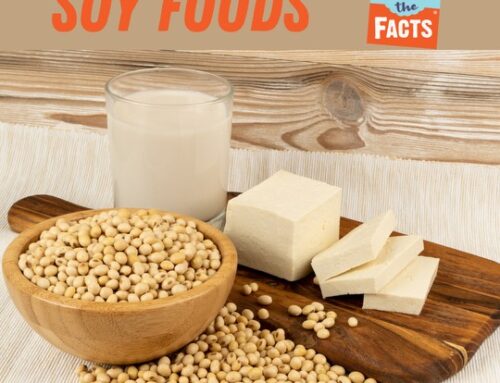I began this blog to help consumers distinguish nutrition myth from fact. There continues to be no shortage of nutrition myths out there as well as bad dietary advice.

To start off the year right I’m offering up the facts about 10 nutrition myths:
- Poultry does not have hormones added to it. So when you see “hormone free” labeling it’s simply a marketing thing.
- Gluten is not exactly “the glue that holds bread together” but it does help foods maintain their shape. It’s a protein found in wheat, barley, and rye. People with Celiac Disease or non-Celiac gluten intolerance should avoid or limit gluten.
- Water is two hydrogen molecules and one oxygen molecule. It really can’t be anything else. Yes, vitamins or sweeteners can be added to it, but please don’t fall for fancy, expensive waters marketing to your fears or desires (gluten free water, power water, black water, etc)
- Definitely don’t fall for the “raw water” trend. It’s completely ridiculous and dangerous.
- While “Antibiotic Free” may sound healthy, animals can and do get sick (just like other mammals) and the humane thing to do when they have a bacterial infection is to treat them with antibiotics (most farmers work with an animal vet who knows when to treat, in the right dose, and closely considers withdrawal time).
- Farmers understand their livestock better than you or I do. I recently heard an “activist chef” pledging to promote “responsible and ethical farming”. Was she suggesting most farmers are not already responsible and ethical? News flash: farmers work hard and can’t afford to be irresponsible with their land and resources.
- Many myths abound surrounding cow’s milk. You may not tolerate milk (and there are many low lactose products such Lactaid and Fairlife available. A2Milk helps people enjoy milk who are intolerant of the A1 protein in milk). Milk provides a multitude of nutrients, including protein, potassium calcium, and vitamin D. It does a body good in my book.
- You probably continue to hear someone insinuating that “carbs are bad”. Carbohydrates are a major source of fuel for the body. Our body breaks down carbohydrates of all kinds to form glucose, which fuels our cells. Carbohydrates help us function at our best. Glucose supplies almost all of the energy to our brains.
- Okay, so some carbs are okay, but “sugar is toxic!” No, sugar is not toxic unless it’s consumed in unpalatable amounts (anything can be toxic in the right dose).
- There’s no quick fix. It’s human nature to want to take the easiest path, but weight control and good health take effort. They’re lifelong struggles for most. It’s not a sprint, it’s a marathon. Take it one day at a time, and set realistic goals.
After the holidays and the dark days of winter, it’s hard to get back to healthy habits. But you don’t have to detox and establish drastic restrictions. Just get back to basics – more veggies, soups, salads, fruit, chicken and fish. Less butter, bread, fried food, and fatty meats. That is all.





Amazing web alot good informations ! Special Hello from Brazil !!
I come here as a visitor n now i am a diary reader here !
Gir Leiteiro